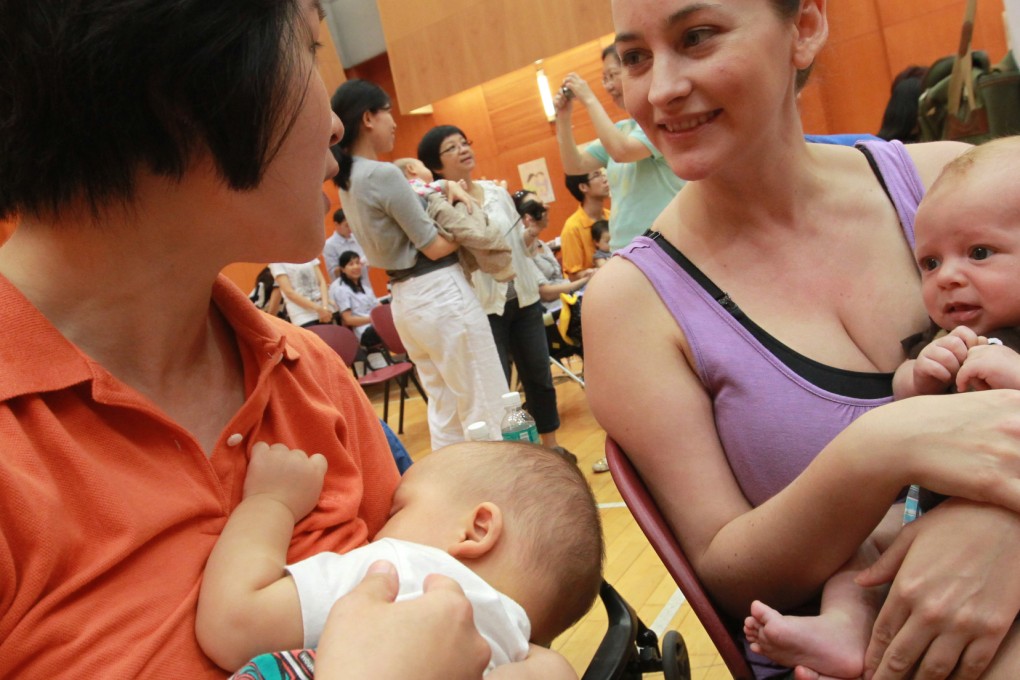Stop this discrimination against breastfeeding women
At first glance a photograph of a woman breastfeeding her baby, taken without her consent, is a privacy issue, even if she was in public at the time.

At first glance a photograph of a woman breastfeeding her baby, taken without her consent, is a privacy issue, even if she was in public at the time. Indeed, the Equal Opportunities Commission issued a strong statement about violation of privacy after a photo of a woman breastfeeding a child on a bus went viral on the internet, prompting heated debate about privacy and public decency. But the issue also involves the rights, and needs, of nursing mothers and their babies.
The EOC condemned secret photography of women breastfeeding in public as a "violation of personal privacy" and added: "The EOC considers that it is a mother's right to breastfeed her baby, anywhere and at any time. The public should accept there is a need for mothers to do so."
We agree, but the reality is that some people find the sight of breastfeeding in public discomfiting or even offensive. There is a need for continuing education about the rights of the mother and the benefits of breastfeeding to mother and baby. Nursing mothers would also be less likely to give unintended offence if, as the EOC suggests, service providers and property owners, including the government provided more facilities for them in the community.
In this respect, as a city of shopping malls, Hong Kong is not that family friendly. A South China Morning Post survey last year of 15 shopping centres found that 11 had only one or two nursing rooms - with poor signposting.
There are health and economic reasons for combating discrimination against breastfeeding. Decades of research shows breastfed children have lower rates of hospital admissions and medical problems like allergies, diarrhoea, ear infections and rashes.
Our ageing workforce can ill afford to lose women at the peak of their productivity when they drop out of the workforce to raise infants. Employers should be encouraged to support breastfeeding, for example by providing facilities for mothers to pump and store milk at work.